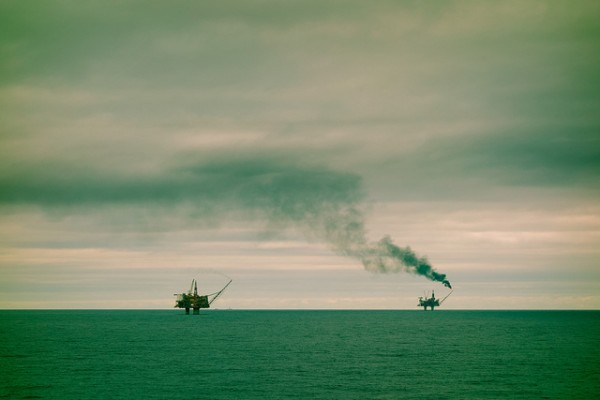-

Misinformation about Ukraine and Russia
Since the overthrow of the Yanukovych government at the end of February 2014, the mainstream media en masse has attempted to whitewash the nature of the current interim Ukrainian government. With Ukraine now having Europe’s first government since Hitler’s time to include fascists in high-profile cabinet positions, one might wonder how their presence affects the operation of the state.
-

Crimea’s legal right to a referendum
Québec has exercised its right to self-determination, and there should be no reason why Crimea could not do the same.
-

Ukraine Between ‘Popular Uprising for Democracy’ and ‘Fascist Putsch’
The geopolitics around the Ukraine are incredibly volatile, with conflicting interests and histories slowly playing themselves out. David Mandel examines this fragile political struggle.
-

Ukraine and the rebirth of fascism
The violence on the streets of Ukraine is far more than an expression of popular anger against a government. Instead, it is merely the latest example of the rise of the most insidious form of fascism that Europe has seen since the fall of the Third Reich.
-

If every Norwegian’s a millionaire, why’s Alberta in hock?
Feeling poor? Norway is saving $1 billion per week by owning 70 per cent of their own oil production and taxing oil revenues at close to 80 per cent, while Canada lumbers along with record levels of household and federal debt. Mitchell Anderson explores the sharp contrast.
-

Alter Summit: A People’s Manifesto
Europe stands on the edge of a precipice, looking into the abyss. Austerity policies drive the people of Europe into poverty, undercut democracy and dismantle social policies. Rising inequalities endanger social cohesion. Ecological destruction is worsening while acute humanitarian crises devastate the most affected countries. Women and young people are hardest hit.
-

Greece: What Can be Done?
Greece faces the unenviable choice between accepting the terms of “the Troika” and facing the continuation and deepening of a socio-economic crises, which includes five years of negative growth, over 23% unemployment, an astronomical rise in poverty (from less than 15% to over 40%) and mounting suicides, or a rejection of the memorandum, and a likely cut-off of Eurozone funding and capital markets with virtually few reserves to cover salaries, pensions or public services.
-

Greek Lessons
is a truism to say that democracy began with the Greeks – less so to say that it originated in popular rebellion against debt and debt-bondage. Yet, with the Greek people ensnared once more in the vice-grip of rich debt-holders, it may be useful to recall that fact. For the only hope today of reclaiming democracy in Greece (and elsewhere) resides in the prospect of a mass uprising against modern debt-bondage that extends the rule of the people into the economic sphere.
-

Greece: The Curse of Three Generations of Papandreous
In each of the three decisive moments of recent history, Greece has been pulled backwards from a chance for social transformation, political independence and freedom from external tutelage by one and another of the Papandreou family.
-

The effect of imperialism on Greece
The series of events that occurred from 1941-1949 and 1965-1974 give rise to Greece’s current state today. The complicated and dramatic course of the war and civil war in Greece has, for lack of parties interested in reconstructing the truth of events, has never before been narrated in full. I am a direct descendent of the ELAS (Greek Peoples Liberation Army). I have relied on testimony painstakingly collected from survivors of this tragedy.



